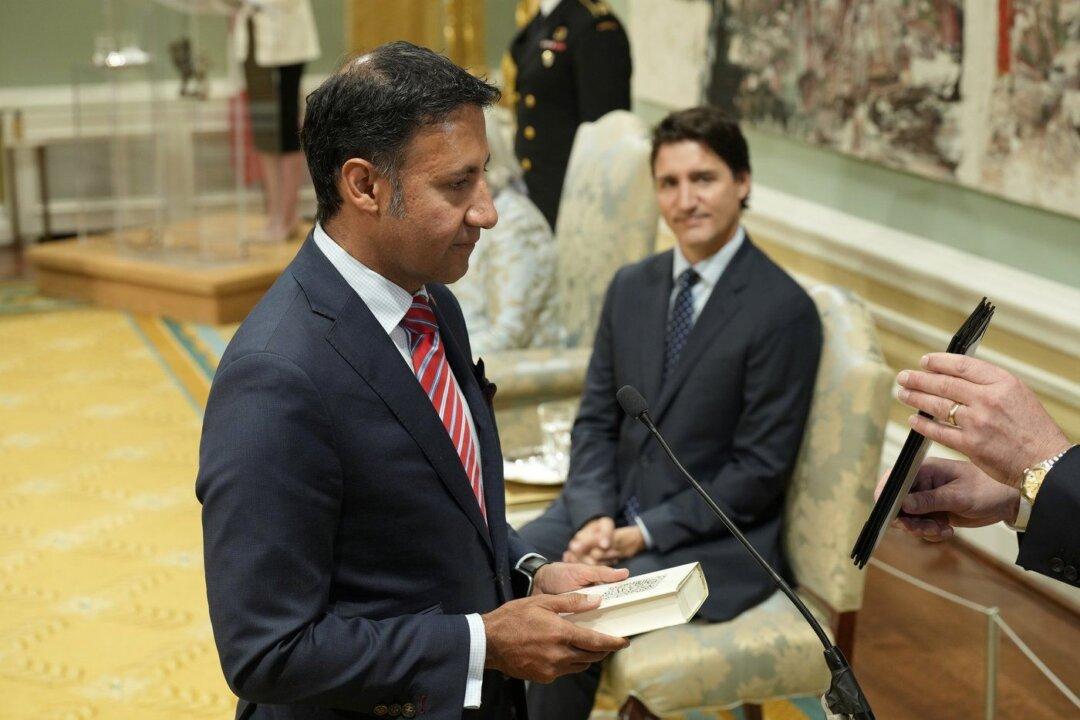The new federal justice minister and attorney general was slated to swear a fresh oath Tuesday because the one he recited last week left out wording ushered in following the SNC-Lavalin affair.
Toronto MP Arif Virani, who once worked as a human rights and constitutional lawyer, took over the key portfolio from David Lametti in the recent federal cabinet shuffle, among the biggest since the Liberal government assumed office nearly eight years ago.





